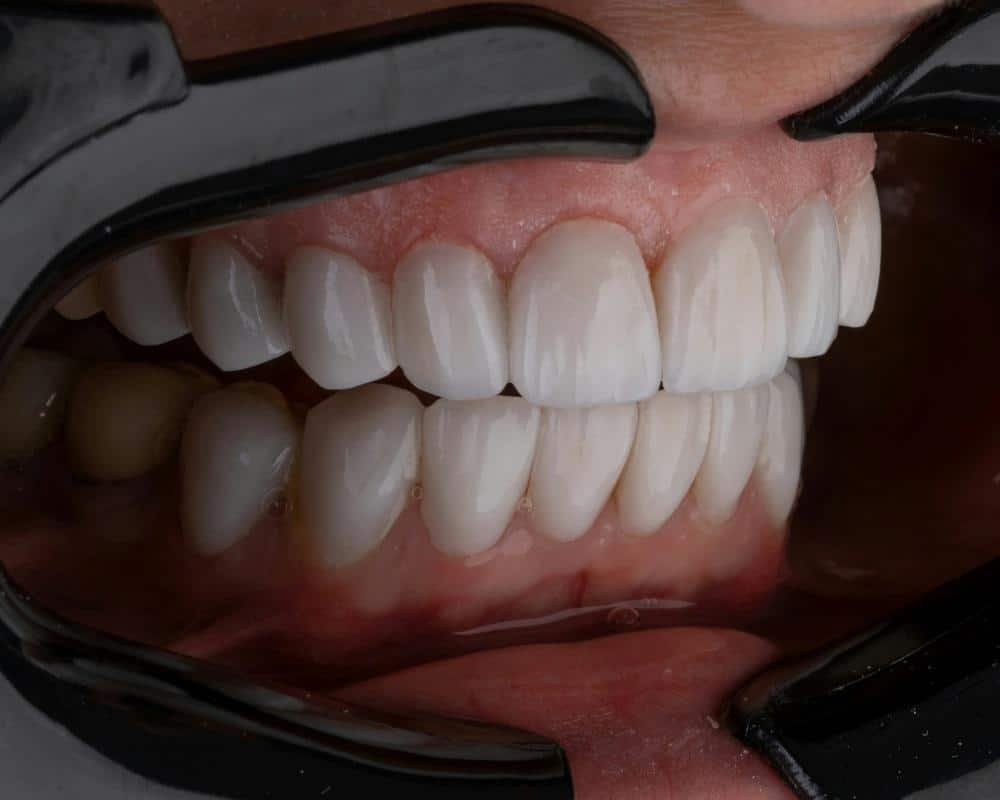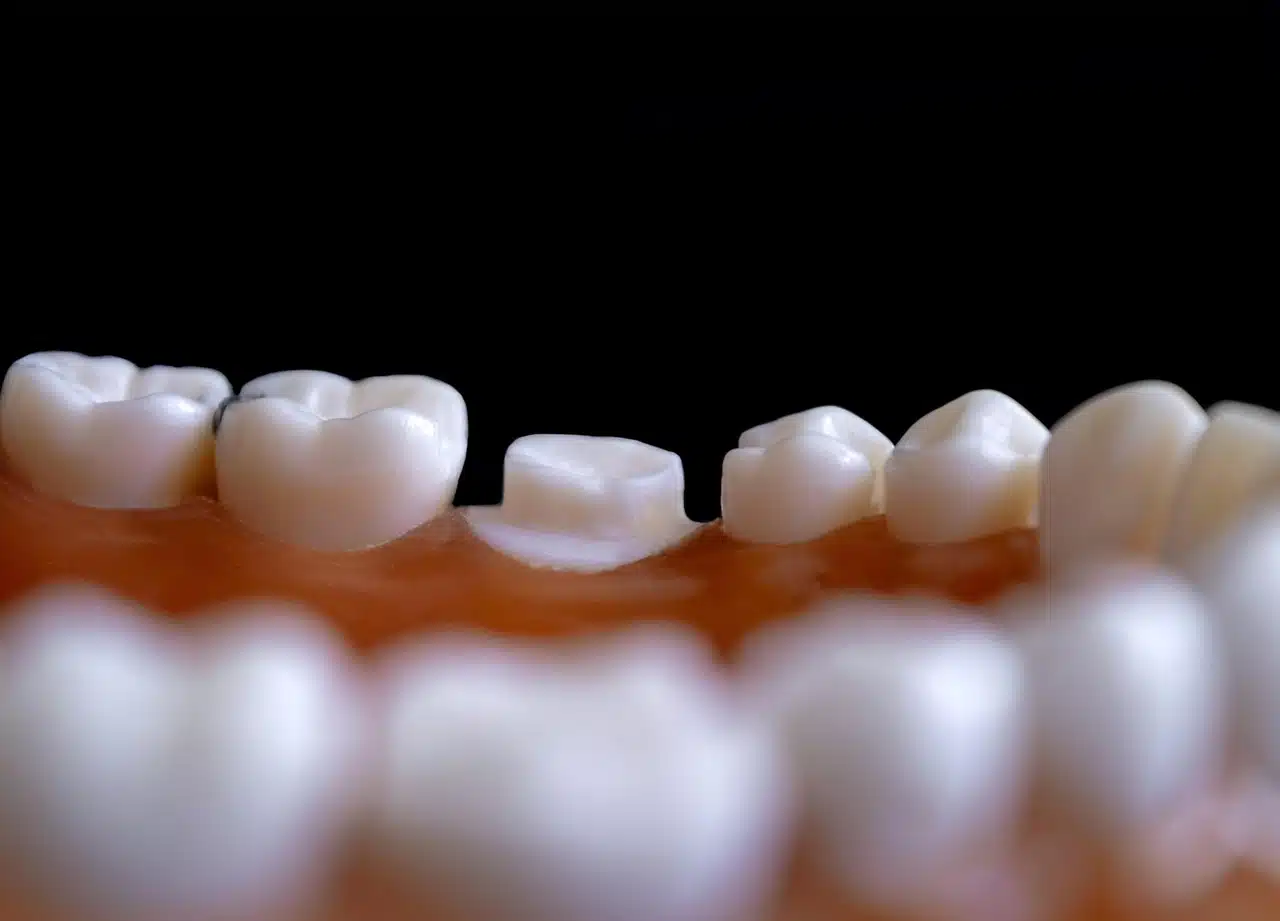
Why is dental health often overlooked in a nation known for its well-established healthcare system?
Recent reports published in The Straits Times show that by kindergarten, half of Singapore’s kids have experienced tooth decay, leading to significant consequences, including discomfort, missed school days, and even the need for tooth extractions.
But that’s not all.
For adults, the situation isn’t much better; the National Adult Oral Health Survey of 2019 revealed a startling prevalence of periodontal disease, with over three-quarters of adults aged 21 to 64 affected. Periodontal disease results from the build-up of plaque, a bacterial film that hardens unless regularly cleaned off through professional dental care. And the high incidence of such diseases suggests a broad neglect of preventive care across all ages.
Could the poor dental health of children reflect a generational disregard for oral hygiene, where adults fail to prioritise their own dental care?
The disparity becomes more apparent when considering the investment in aesthetic dental procedures over preventive measures. In the same report, it is stated that many in Singapore prioritise cosmetic enhancements like teeth whitening and straightening over regular dental check-ups, which are crucial for maintaining long-term dental health.
So, what could have possibly led to this widespread disregard for essential dental care?
Potential Reasons Behind the Neglect of Dental Health
Painless Problems
One of the key reasons many may be ignoring their dental health is the absence of immediate discomfort. Since dental issues often develop silently and painlessly at first, many might end up believing that their teeth are healthier than they actually are. Therefore, it’s common for people to wait until they experience severe discomfort before seeking dental care, by which time conditions such as tooth decay may have progressed significantly, necessitating more complex treatments like root canals.
The Cost Factor
Another significant barrier to regular dental check-ups is the perceived high cost of dental care. It is not uncommon for many to view dental treatments as prohibitively expensive, particularly for non-emergency care, which leads to a reluctance to schedule regular dental visits. This perception can deter individuals from seeking preventive care, which, ironically, could prevent more costly treatments later.
Dental Anxiety
Out of Sight, Out of Mind
Fear of Dentists and Instruments
Busy Lifestyles
The fast pace of modern life often leaves little room for what may seem like less urgent matters, such as dental appointments. Many people find their schedules packed to the brim, making it difficult to align with the sometimes less flexible hours offered by dental practices. This clash of timing can lead to postponed or skipped dental check-ups, contributing to the gradual neglect of oral health. Prioritising dental care by planning appointments in advance or seeking dental clinics with flexible scheduling can prevent such oversights.
Embarrassment
The Serious Consequences of Neglecting Oral Health

All these factors aside, neglecting oral hygiene can lead to severe health consequences beyond just dental issues. Some of these include:
- Gingivitis to Periodontitis: Gingivitis, characterised by red, swollen, and bleeding gums, can progress to periodontitis if not treated early. Periodontitis, also known as gum disease, can bring about the destruction of the key structures supporting the teeth, including bone and gum tissue. This progression not only risks tooth loss but can also necessitate complex and expensive treatments.
- Diabetes Complications: Individuals with diabetes are particularly susceptible to gum diseases, which in turn can exacerbate their diabetes condition. The inflammation from periodontal disease makes it harder to control blood sugar, creating a cycle that increases complications from both conditions.
- Cardiovascular Disease: The inflammation from persistent gum disease can lead to cardiovascular diseases. This is because the bacteria from inflamed gums can enter the bloodstream, contributing to the build-up of plaque in the coronary arteries, potentially leading to heart attacks or strokes due to reduced blood flow.
- Connection to Cancer and Other Diseases: Neglecting oral health may have broader health implications, as studies have suggested a potential link between poor oral hygiene and an increased risk of various cancers, including those of the gastrointestinal tract, prostate, and lungs.
Inflammation is a common thread in these conditions, exacerbating or potentially triggering systemic health issues beyond the mouth. As such, managing gum inflammation through regular dental care is crucial in mitigating these risks and preventing these serious health outcomes.
Existing Oral Health Programmes and Subsidies in Singapore
With the known deterrents to dental care and the severe consequences of neglect, how is Singapore addressing the gap in oral health care?
Singapore’s commitment to oral health begins early, with initiatives targeting various age groups. Some of these include:
- National Programmes for Preschoolers and Schoolchildren: Singapore offers free dental screenings for preschoolers in selected childcare centres, expanding to include free basic dental services for school children. These services are provided regularly throughout a child’s Primary and Secondary School education, significantly improving oral health from a young age compared to global standards.
- “See, Hear and Eat Better” Programme for Seniors: Once Singaporeans reach 60, they become eligible for functional dental screenings under this comprehensive programme. It is designed to address the needs of seniors, ensuring they maintain functional oral health alongside their general well-being.
- Government Subsidies for Dental Services: Various subsidies are available to alleviate the cost of dental care. For example, services such as teeth cleaning, fillings, extractions, and other complex procedures like root canals are subsidised under government schemes to make them more accessible to a broader population.
- Primary Care Partnership Scheme (PCPS) and CHAS Subsidies: The PCPS and Community Health Assist Scheme (CHAS) provide subsidised dental care at both public and private clinics. These subsidies vary, with basic support for CHAS Orange and Blue cardholders and more substantial assistance for the Merdeka and Pioneer Generations, making dental care affordable for many Singaporeans.
There is, however, a notable gap in national preventive dental care programmes for adults aged 18-59. This age group lacks targeted public health initiatives, leading to prolonged periods without professional dental care. However, by leveraging the various government subsidies and initiatives, early intervention is feasible given the broad access to care.
Prioritising Your Oral Health
Regular dental check-ups are crucial, not just for maintaining healthy teeth but also for preventing broader health issues. So, if you’ve been avoiding dental care, remember that government subsidies, such as those offered through CHAS, can make visits to an affordable dental clinic in Singapore more accessible. Just be sure to check your eligibility for these benefits and head to the appropriate CHAS subsidy dental (if eligible).
Sources:
https://www.straitstimes.com/singapore/about-1-in-2-children-here-has-tooth-decay-by-kindergarten-age-but-its-preventable
https://www.nccs.com.sg/news/patient-care/say-aah-why-is-singapore-neglecting-dental-health




